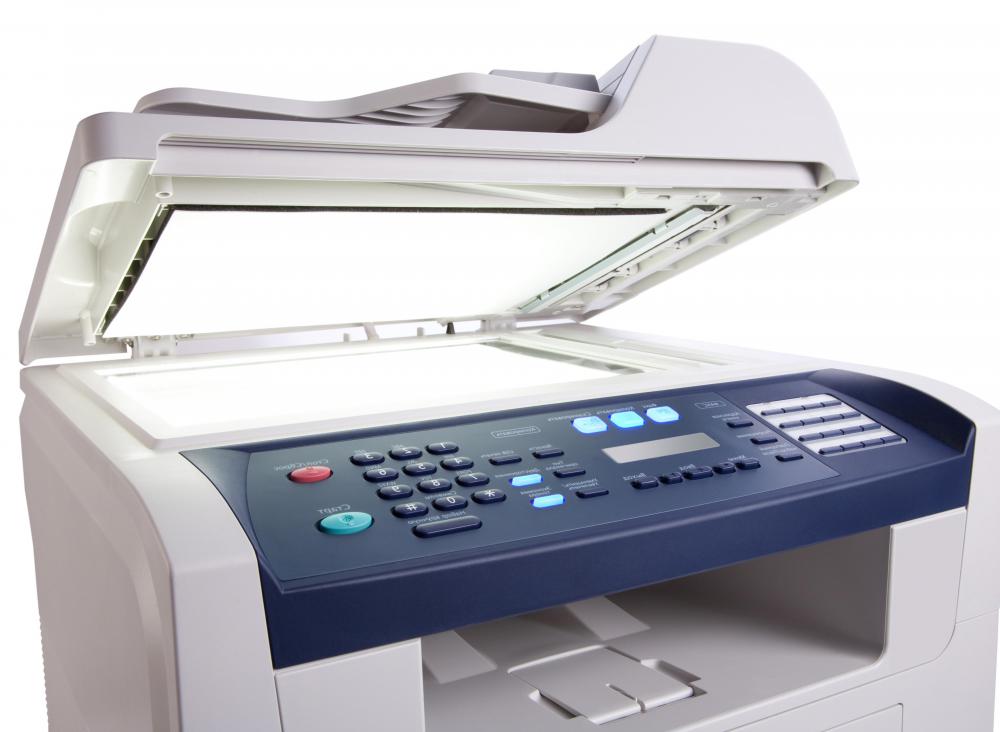At PracticalAdultInsights, we're committed to delivering accurate, trustworthy information. Our expert-authored content is rigorously fact-checked and sourced from credible authorities. Discover how we uphold the highest standards in providing you with reliable knowledge.
What does a Records Clerk do?
A records clerk is responsible for accurately organizing, filing, and retrieving information regarding a company's records and accounts. He or she ensures that records are kept up to date and that any necessary changes or additions are made in a timely manner. Many modern offices exclusively keep electronic records, which requires that a records clerk be proficient with word processing software, spreadsheet applications, and data entry methods. Most records clerk jobs are found in medical offices and hospitals, government agencies, and businesses of all types.
The accurate management of an organization's records is essential to the success of the organization. A records clerk integrates data, physical paperwork, and receipts into a consistent filing system. He or she may be required to transcribe documents into electronic forms and create appropriate storage files, so that information can be accessed quickly and modified if necessary. Often, records clerks assume several other types of administrative duties, such as answering phones, assisting patients or customers, and distributing mail.

Records clerks work in a number of different job settings, including hospitals, state and county offices, and large businesses. Medical records clerks are essential to keeping track of patient data, including medical charts and billing information. With experience, they become medical billing and coding specialists, who work closely with physicians to code diagnoses and collect payment from insurance companies.

Professionals in government offices keep track of public records and court documents. State and county records clerks may be in charge of filing and retrieving birth certificates, death certificates, marriage licenses, and divorce notices, among other important legal documents. Those who work for private corporations often maintain customer accounts, keep track of bills and receipts, and update employee files.

To become a records clerk in any job setting, a person must typically obtain at least a high school diploma or GED. Many employers, especially those in government offices, prefer to hire clerks with some college experience in business management or accounting. New clerks usually receive informal, on the job training from established clerks or other office staff members who understand the requirements for the job. People often choose to work as records clerks in order to gain office experience and prepare for more advanced positions within an organization.

Some offices maintain physical records in the form of paper documents and receipts, though many organizations are realizing the benefits of keeping records on computers. Skilled records clerks are in demand to carefully transfer information into new electronic systems. New workers must demonstrate strong computer knowledge and the ability to pay close attention to detail.
AS FEATURED ON:
AS FEATURED ON:















Discussion Comments
You might specialize in a particular section especially within a large organization. For example you might do data entry, or filling. In a smaller setting you might have to do everything yourself.
Post your comments